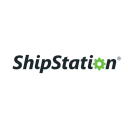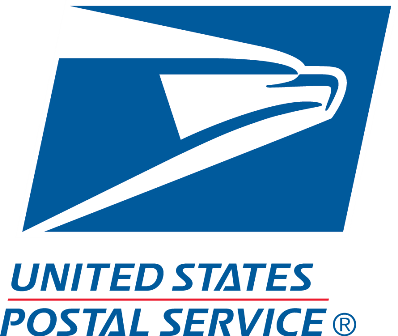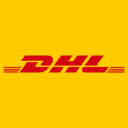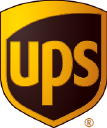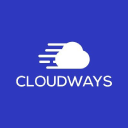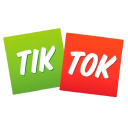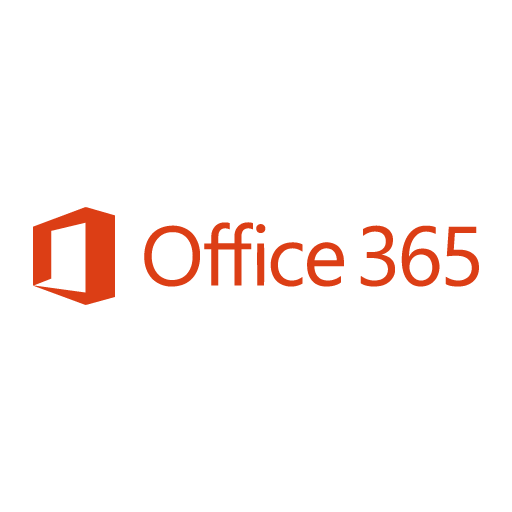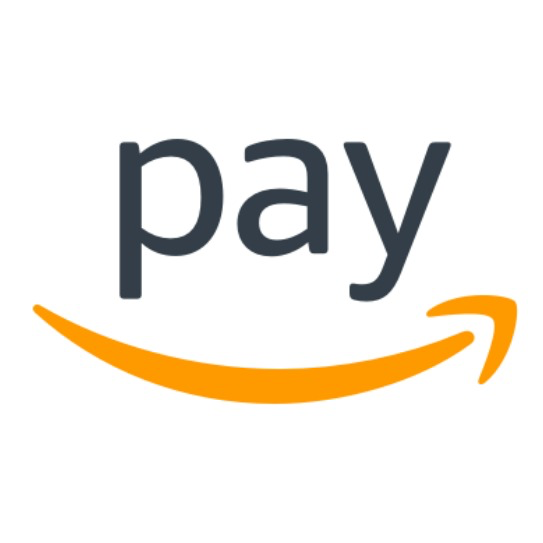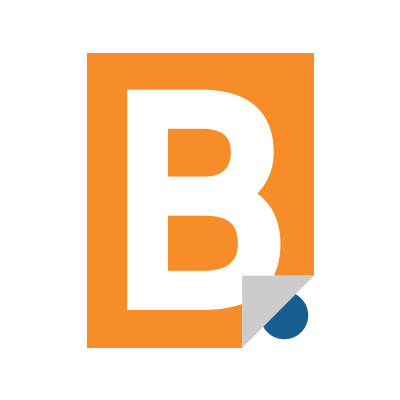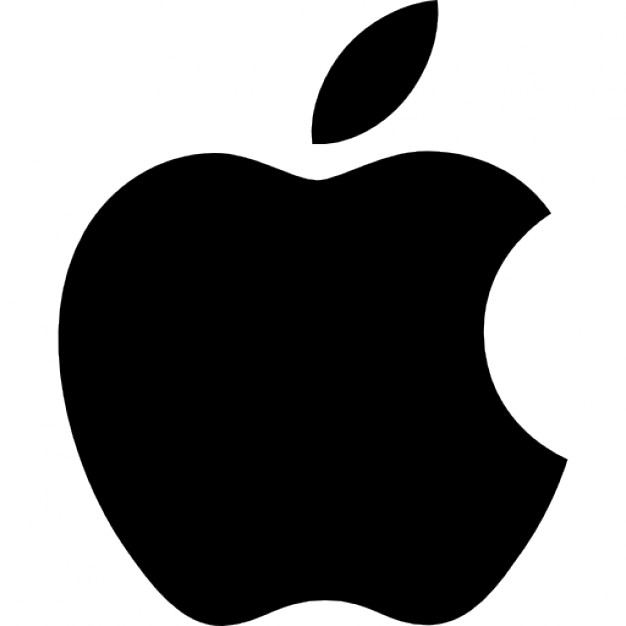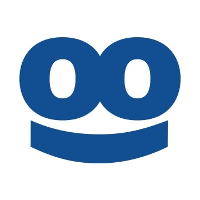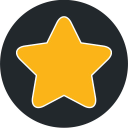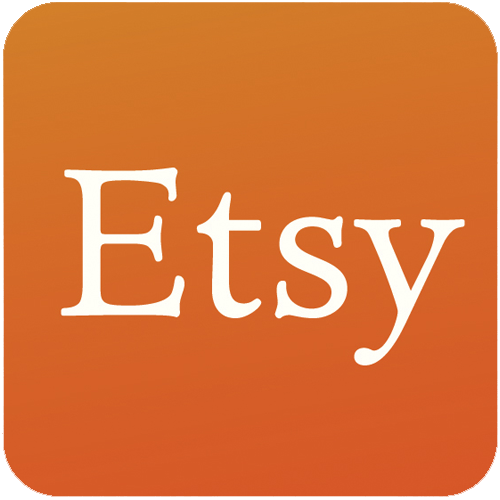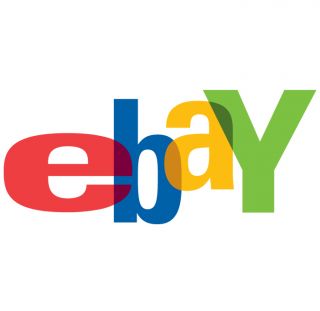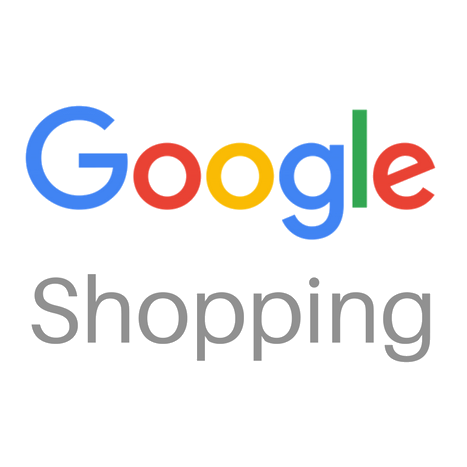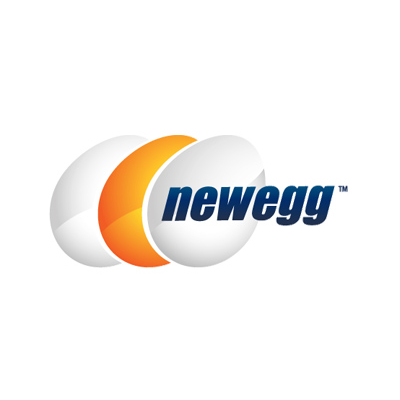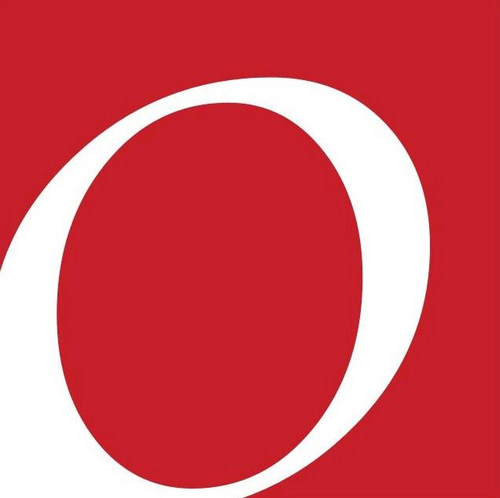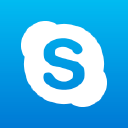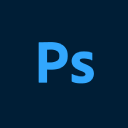How I Grew From $17/Hour to Building A $2M Ecommerce Sales Agency
Hello! Who are you and what business did you start?
Hey everyone. My name is Ronen Lee Wolf, and I am the Founder and CEO of Senditures and Vysn. I founded an eCommerce sales agency utilizing multi-channel selling strategies to maximize brand exposure and revenue globally for large, medium, and small brands, as well as our internal brands, with products we source under the VYSN label.
Our run rate so far for 2024 is $1.8 million, but we are looking to do closer to $2 million this year. Year over year, Senditures has been rapidly growing. We have more than doubled our revenue each year since 2020 and are looking to continue this exponential growth.
Our products have been featured on TV shopping segments: The Talk, The Kelly Clarkson Show, Rachael Ray, Inside Edition, Access Hollywood, Entertainment Tonight, and Extra. Our products have been written about with publications in the New York Post, Mashable, TMZ, The Chive, and The Dad.
Senditures is a unique business model and doesn’t follow many of the conventional principles you may find for other businesses. So, I apologize if the info I give about growing Senditures is a bit different...






